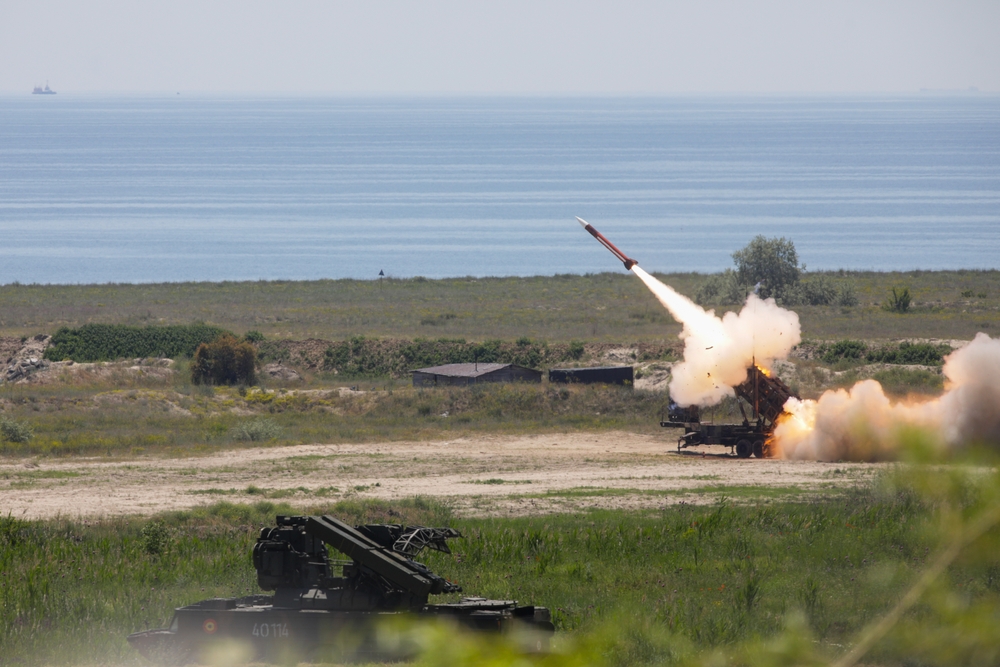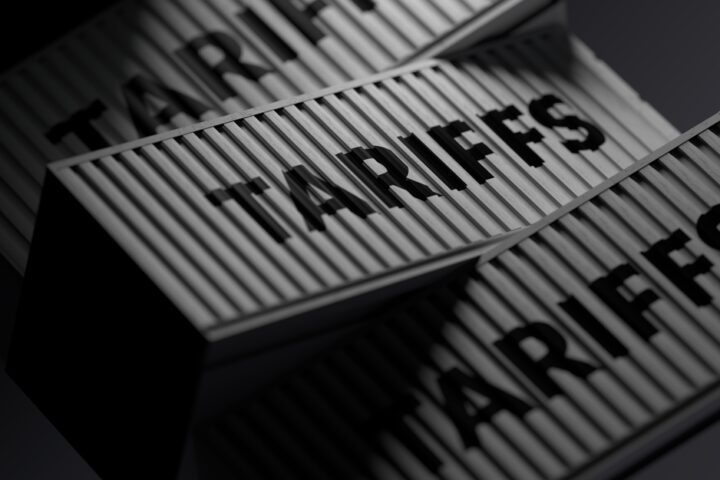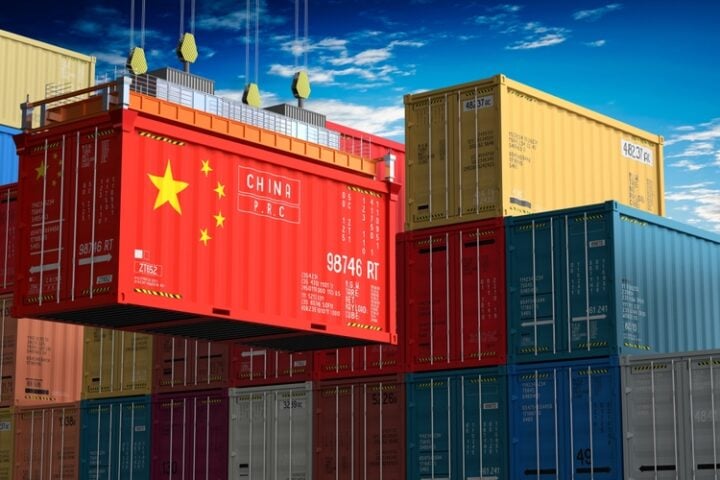The United States’ decision to permit Ukraine to deploy long-range missiles within Russian territory has added complexity to diplomatic discussions as global leaders convene for the G20 summit. This move, viewed as positioning Ukraine advantageously ahead of President-elect Donald Trump’s incoming administration, has sparked mixed reactions among Western allies and raised the stakes in the ongoing conflict.
Strategic Shift in US Policy
The announcement of the US policy shift, which President Biden deliberated for months, comes as the current administration navigates its final months. This decision allows Ukraine to extend its military reach and respond more effectively to Russian aggression. However, it has heightened concerns among G20 participants over potential escalation in the conflict.
Reactions from Russia
Russia’s Foreign Minister Sergey Lavrov, attending the summit in Rio on behalf of President Vladimir Putin, warned that such missile launches would signify a new phase of Western involvement in the war. Putin’s absence was notable, spurred by the possibility of arrest on war crime charges if he set foot on international soil. Lavrov capitalized on this opportunity to decry US policies and highlight perceived Western provocation.
Western Leaders’ Stances and Strategic Diplomacy
While President Biden and his team avoided direct engagement with Lavrov, interactions among other Western leaders hinted at shifting dynamics. German Chancellor Olaf Scholz’s recent phone conversation with Putin and France’s President Emmanuel Macron’s public handshake with Lavrov indicated potential recalibrations of their positions. Analysts have suggested these gestures may reflect broader European anxieties about Trump’s impending presidency and his potential reorientation of US foreign policy.
Trump’s Incoming Administration and Policy Uncertainty
Trump’s return to office has fueled uncertainty over future US policy regarding Ukraine. His national security adviser pick, Rep. Mike Waltz, expressed reservations about the decision to grant Ukraine long-range capabilities, signaling potential policy changes once the administration transitions. Whether Trump will uphold Biden’s decision remains unclear, contributing to a cautious atmosphere among US allies.
G20 Summit Outcomes and Tensions
Hopes for a strong condemnation of Russia’s actions within the summit’s final communiqué fell short. European diplomats pushed for more robust language after a significant Russian missile attack but were met with resistance. The resulting statement featured muted references to the conflict, marking a step back from previous years’ declarations.
Russia’s Nuclear Doctrine Update
Amid the summit, Russia announced changes to its nuclear doctrine, suggesting it would consider a joint attack involving a non-nuclear state and a nuclear power as direct aggression. US officials, prepared for this move, deemed it another instance of Russia’s “irresponsible rhetoric,” maintaining there were no immediate changes to the US nuclear posture.
The US decision to extend Ukraine’s military capabilities has underscored divisions within the international community and introduced new challenges as the G20 summit concluded. As President-elect Trump prepares to take office, the global balance of power, especially regarding the Ukraine conflict, is poised for further shifts, keeping both Western allies and adversaries on alert.







